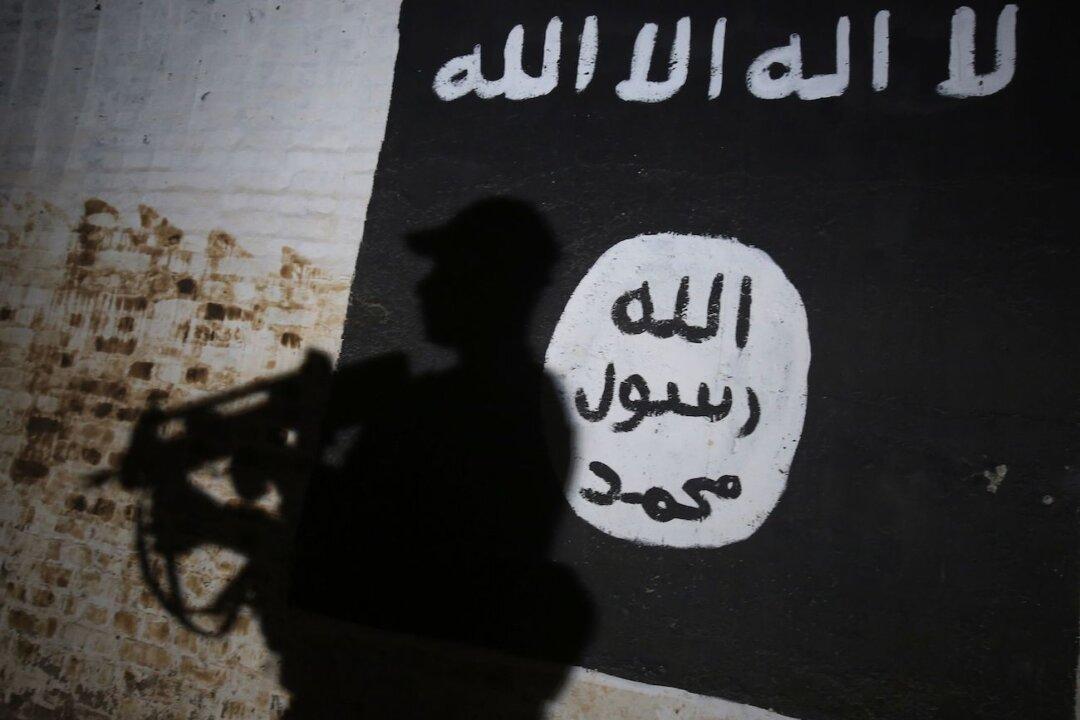A suspected Australian ISIS terrorist has had his Australian citizenship returned after the High Court ruled that the government could not revoke a person’s citizenship if they are accused of terrorism-related conduct overseas.
The ruling is expected to pave the way for up to 20 other convicted or suspected ISIS fighters to have their citizenship effectively reinstated.




